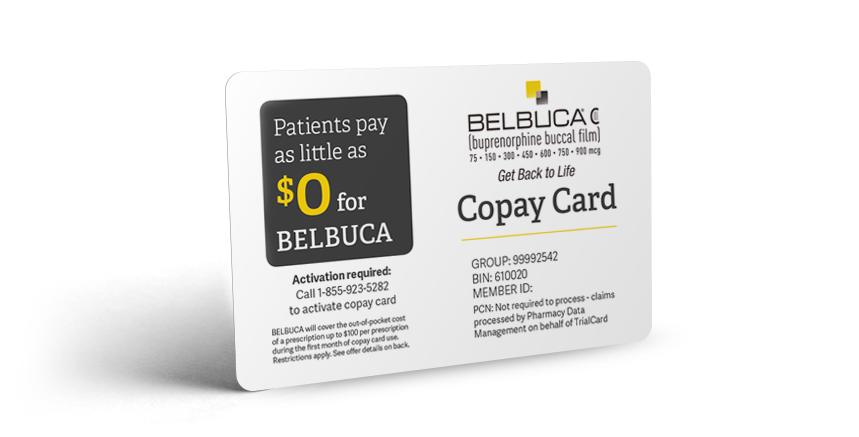
Out-of-pocket costs include co-payment, co-insurance, and deductible out-of-pocket costs.
PROLIA COPAY CARD FULL
Prolia ® is a prescription medicine used to treat bone loss in women who are at high risk for fracture receiving certain treatmentsįor breast cancer that has not spread to other parts of the body.It is important that every patient read and understand the full EVENITY ® Co-Pay Card Terms and Conditions. Prolia ® is a prescription medicine used to treat bone loss in men who are at high risk for fracture receiving certain treatmentsįor prostate cancer that has not spread to other parts of the body. (such as prednisone) for at least six months and are at high risk for fracture. Prolia ® is a prescription medicine used to treat osteoporosis in men and women who will be taking corticosteroid medicines Prolia ® is a prescription medicine used to increase bone mass in men with osteoporosis who are at high risk for fracture. Or cannot use another osteoporosis medicine or other osteoporosis medicines did not work well. Prolia ® is a prescription medicine used to treat osteoporosis in women after menopause who are at high risk for fracture You are encouraged to report negative side effects of prescription drugs to the FDA. Call your doctor for medical advice about side effects. These are not all the possible side effects of Prolia®.

Additionally, in Prolia®-treated men with nonmetastatic prostate cancer receiving ADT, a greater incidence of cataracts was observed. The most common side effects of Prolia® in patients receiving certain treatments for prostate or breast cancer are joint pain, back pain, pain in your arms and legs, and muscle pain. The most common side effects of Prolia® in patients with corticosteroid-induced osteoporosis are back pain, high blood pressure, lung infection (bronchitis), and headache. The most common side effects of Prolia® in men with osteoporosis are back pain, joint pain, and common cold (runny nose or sore throat). The most common side effects of Prolia® in women being treated for osteoporosis after menopause are back pain, pain in your arms and legs, high cholesterol, muscle pain, and bladder infection. It is not known if the use of Prolia® over a long period of time may cause slow healing of broken bones. What are the possible side effects of Prolia®? Are breast-feeding or plan to breast-feed.Tell your doctor right away if you become pregnant while taking Prolia®.You should use an effective method of birth control (contraception) during treatment with Prolia® and for at least 5 months after your last dose of Prolia®.Your healthcare provider should do a pregnancy test before you start treatment with Prolia®.

Are pregnant or plan to become pregnant.Plan to have dental surgery or teeth removed.Are taking medicine that can lower your blood calcium levels.Have kidney problems or are on kidney dialysis.Have been told you have trouble absorbing minerals in your stomach or intestines (malabsorption syndrome).Had parathyroid or thyroid surgery (glands located in your neck).Cannot take daily calcium and vitamin D.Before taking Prolia®, tell your doctor about all of your medical conditions, including if you:


 0 kommentar(er)
0 kommentar(er)
